Introduction
Russian Technological University MIREA is a federal state higher education institution with great influence in Russia. It is located in Moscow and is a comprehensive university integrating education, scientific research and innovation.
Overview
Student size: There are more than 4,000 public places each year. Currently, there are about 26,000 students studying here, including 1,200 international students from 80 countries.
Faculty: The school has more than 2,500 faculty members, 77% of whom have degrees, including 21 academicians and corresponding academicians of the Russian Academy of Sciences, more than 280 members of other academic groups, more than 400 doctors and more than 1,300 associate doctors.
History and establishment time
Its history can be traced back to May 28, 1947, when the Correspondence School for Continuing Education of Engineering and Technical Workers of the Soviet Power Plant and the Ministry of Electrical Industry was transformed into the All-Union Correspondence School of Power Engineering for training and upgrading engineers, and on June 30, 1967 It was renamed Moscow Institute of Radio Engineering, Electronics and Automation in 1993, and obtained the status of a technical university in 1993. In 2013, it began to integrate the potential of multiple research and educational institutions, and officially became the current Russian Technological University MIREA in 2018.
School Strength
Teaching Achievements: It has trained a large number of professional talents, and its graduates have performed well in various fields in Russia and internationally, such as engineering, computer science, electronics, etc., making important contributions to the development of the industry, and the average monthly salary of graduates ranks among the top ten in Russian universities.
Scientific Research Strength: It has 38 research units, undertakes a large number of scientific research projects, and has achieved many scientific research results in the fields of information technology, electronics, radio engineering, robotics, chemistry, biotechnology, etc., and actively promotes the transformation of results.
International Cooperation: With 60 Many foreign partner universities carry out education and research activities, including student exchange, joint scientific research, etc., and also participate in international academic conferences and scientific research projects to enhance international influence.
Institutional nature
Public university.
Educational philosophy
Retain the tradition of Russian higher engineering education, emphasize the unity of education and scientific research process and in-depth practical training, introduce educational innovation and high technology, focus on effective interaction with production and scientific research organizations, and cultivate new professional talents who can design advanced technology complexes, develop and operate digital and analog products, and realize automation and intelligence of production and management processes.
Key laboratories and disciplines
Key laboratories: The school has several universities and large research laboratories, but no specific key laboratories have been specified, which provide advanced conditions for scientific research.
Key disciplines: including information technology, computer and network security, electronics, radio engineering, robotics, mathematics, physics, chemistry, biotechnology, economics, management, etc.
Faculty
The school has 8 colleges and 160 departments covering many disciplines.
Ranking
Ranked 1960th in the world by U.S. News & World Report in 2023; ranked 1960th in the world by QS Emerging Europe and Central Asia in 2022 301-350; ranked 1400+ in the 2024 QS World University Rankings and 44/47 among Russian universities.
Expenses
Tuition fees for international students range from about 18,300 rupees to 24,100 rupees per year, and monthly living expenses are about 350 euros.
Campus
Teaching facilities: The school has 7 campuses in Moscow and 2 branches in Russia. It has modern material and technical facilities, including teaching buildings and laboratories, which provide good conditions for teaching and scientific research.
Living facilities: The school has 3 modern sports stadiums, more than 3,500 dormitory beds, and will host more than 300 student activities, 30 student scientific associations, 20 creative teams and 7 sports departments to enrich students' extracurricular life.
-

Peter the Great St.Petersburg Polytechnic University
-
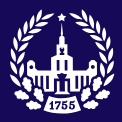
Moscow State University M. V. Lomonosov
-
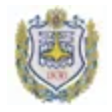
Bauman Moscow State Technical University
-
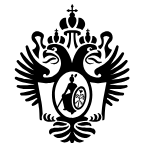
St. Petersburg State University
-
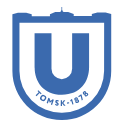
Tomsk State University
-
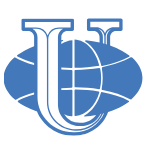
Peoples' Friendship University of Russia
-
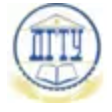
Don State Technical University
-
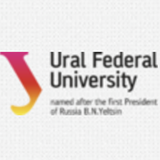
Ural Federal University
-

Moscow Institute of Physics and Technology
-
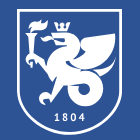
Kazan Federal University
-

Mesoamerican University
-

Istmo University
-

Mariano Galvez University of Guatemala
-

Regional University of Guatemala
-

Galileo University
-

Francisco Marroquín University
-

Rafael Landívar University
-

University of the Valley of Guatemala
-

University of San Carlos of Guatemala
-

Technological Institute of Tlaxcala Plateau
-

Golfo University
-

Technological University of South Sonora
-

Technological University of Huejotzingo
-

Tizimín Institute of Technology
-

Chilpancingo Institute of Technology

